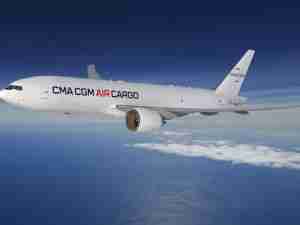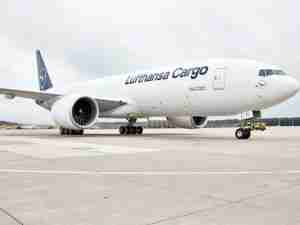FIATA, the International Federation of Freight Forwarders Associations, the International Air Transport Association (IATA), The International Air Cargo Association (TIACA) and the Global Shippers' Forum (GSF) also agreed to address the issues of Customs and trade facilitation and sustainability of the global air cargo industry.

Each member will designate two representatives onto the GACAG Steering Committee, which will direct, supervise and assist Task Forces of technical experts responsible for addressing GACAG's objectives in relation to security, e-commerce, Customs and sustainability. The individual Task Forces will report back to the committee with recommendations.
In relation to air cargo security, the Security Task Force will focus on four areas:
- Advance electronic information process and timelines to improve aviation security risk assessment
- Consignment security declaration process and layout to provide aviation security regulators with an audit trail of who secured what, how and when
- Supply chain security program guidelines to introduce supply chain security in countries where there is none
- Ad hoc supply chain security issues
The Steering Committee will work on a similar set of objectives for e-commerce, Customs and facilitation, and sustainability of the global air cargo industry. These will be published in due course. In a joint statement, the heads of the four founding member Associations stated: 'The high level of co-operation and commitment from all members has ensured a faster formation of the Global Air Cargo Advisory Group than was originally anticipated. We believe this reflects the need for such a strong industry-wide voice to address the challenges and opportunities facing everyone in the air cargo supply chain and, ultimately, businesses across the globe that rely on the speed, safety and efficiency of air cargo for their own growth and development. We are now 'ready to go to work' with a clear agreement on the prime areas we must focus on and the supporting structure to achieve our goals.'
FIATA, IATA, TIACA and GSF commenced the process that has led to the formation of GACAG last November at the TIACA Air Cargo Forum and Exposition in Amsterdam. During the conference, Michael Steen, Chairman of TIACA, Des Vertannes, Global Head of Cargo of IATA, Jean-Claude Delen, President of FIATA, and Peter J. Gatti, Executive Vice President of the U.S. based shipper organization, The National Industrial Transportation League (NITL) on behalf of the Global Shippers' Forum (GSF), signed a letter of intent committing to work towards the formation of an industry advisory group to ensure the air cargo industry had a strong, unified voice in its dealings with worldwide regulatory authorities and other bodies whose decisions directly impact on air cargo.










